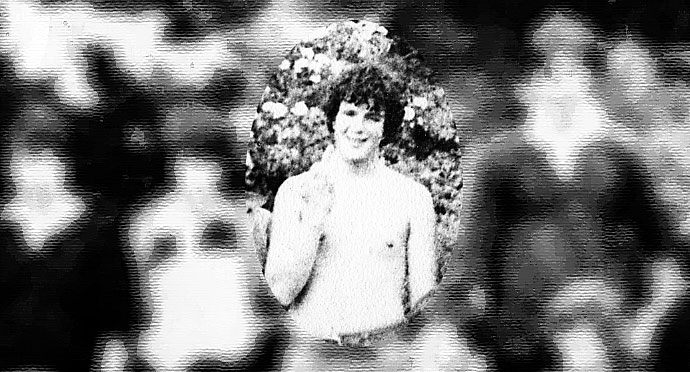
The quandary of using real names, dates, places in memoir. Oh, what to do, what to do?
Originally, I was going to go full bore headlong into publishing my memoir without a thought to the people in it. Why? Because my original version had me as their victim and this was my way of getting back at them. Oh, I was so angry when I started, and I wanted the world to know who was responsible. But a funny thing happened – the people came alive. Suddenly, they were real people and not the cardboard stand-ins I’d started out with. What to do, what to do?
A magical thing happened, for when my characters came to life, they added such depth to my story that it became something quite different to what I intended. No longer was it good enough say so-and-so was an asshole. It was only fair I be honest and let the reader decide for himself so-and-so was truly an asshole.
Yet, I still chose to use real names for a lot of my characters and pseudonyms for all the others, and I’m wondering why.
I just finished reading Paul Watkins’ memoir Stand Before Your God – an American Schoolboy in England, and on the copyright page or very near it, he clarifies that he changed the names and identifying characteristics of all the faculty and students. He left the names of places alone. By doing that, however, anyone who was at the schools during the times in question would know who he was talking about. And so, the question is, do we change details to protect others or ourselves?
Some in my memoir FB group say I need to change everything. Well, that would be fine if I were accusing my uncle of being a bank robber or child molester who was never caught. I could change every detail and the story would remain the same. But in my case, I just can’t see how to do that. It would be like writing about my time in the Secret Service protecting President Whoever without mentioning or changing all those details. Just wouldn’t be a story then, would it?
I get people can sue for anything if they have $$$, and it costs $$$ to defend the truth (which is where the big problem is, so always countersue), but I’m thinking of where even the truth could potentially cause harm to another (to lose their job or break up their marriage, emotional distress, etc.) even if unintentional. I don’t think I’d want to do that, not even to my arch nemesis responsible for so much emotional trauma and decades of recovery.
On a funny note, in a working draft I had changed names and professions, and when some of the “old boys” read it they were only too happy to set me straight.
Oh, what to do, what to do?
